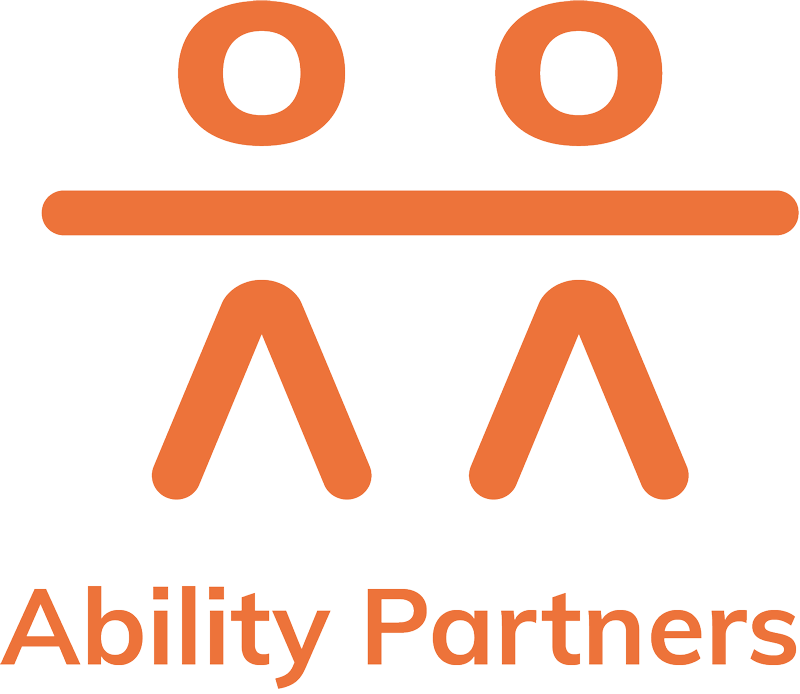NDIS Psychological Assessments

What are Psychological Assessments?
Psychological assessments are varied, useful for both children and adults who may:
- Present with more problems in their activities of daily living and wellbeing than what is currently explainable by their current diagnoses.
- Require further testing to identify mental health diagnoses which may be affecting their day-to-day living.
- Be currently diagnosed with a physical disability and requires further assessments due to co-morbid mental health (psychosocial) symptoms which affect their activities of daily living.
What are the types of Psychological Assessments available for NDIS participants?
To provide the most suitable personalised services to our customers, we now deliver the following types of Psychological Assessments:
- Cognitive Assessments
- Behaviour and Adaptive Functioning
- Diagnostic assessment of Intellectual Disability
- ADHD Diagnosis Assessments
- ASD Diagnosis Assessments
Once complete, results can be used as supporting documentation for NDIS applications, tailoring individualised support plans, educational planning and placement of adolescents and adults into employment.
Cognitive Assessments
Cognitive Assessments are used for assessing an individual’s cognitive ability. These are useful in informing schools of any potential cognitive delays and/or diagnosing cognitive impairments which may have previously been overlooked.
This can also be used to aid in acquiring funding/help from the NDIS to address these concerns.
Cognitive Assessments includes:
- A clinical interview with the individual.
- Psychometric testing and/or screening, specific to their presenting concerns.
- Development of detailed documentation, outlining any diagnoses and results.
- Review and treatment recommendations for ongoing support.
Behaviour and Adaptive Functioning
Assessments of Behaviour and Adaptive Functioning are primarily used to measure an individual’s ability to manage daily tasks and responsibilities.
Assessments of Behaviour and Adaptive Functioning include:
- A clinical interview with the individual.
- Psychometric evaluations that are relevant towards the presenting concerns surrounding the individual’s behaviour. This may include evaluations of communication skills and self-care skills for example.
- Development of detailed documentation, outlining any diagnoses and results.
- Review and treatment recommendations for ongoing support.
Adaptive functioning assessments can be used to identify areas of strength and weakness in an individual’s functioning and to develop strategies to support and improve their overall functioning.
Enquire about Assessments of Behaviour and Adaptive Functioning
Diagnostic assessment of Intellectual Disability
An Intellectual Disability Assessment can be requested to determine if a child or adult meets the criteria for an Intellectual Disability diagnosis.
This assessment and report can be used as evidence for a formal diagnosis, to assist with NDIS recognition of the same and ensure appropriate supports are allocated to assist the participant with optimal capacity building.
Intellectual Disability Assessments include:
- A clinical interview with the individual.
- Psychometric assessment specific to presenting intellectual disability concerns.
- Development of detailed documentation, outlining any diagnoses and results.
- Review, treatment recommendations and evidence for formal diagnosis to assist with NDIS application.
ADHD Diagnosis Assessment
An Attention Deficit Hyperactivity Disorder (ADHD) diagnosis assessment is a comprehensive evaluation conducted by healthcare professionals to determine whether an individual meets the criteria for ADHD.
Ultimately, the goal of an ADHD diagnosis assessment is to accurately identify the presence of ADHD symptoms and their impact on the individual’s daily life, guiding appropriate interventions and treatment strategies.
An ADHD Diagnosis Assessment is completed by a trained Psychologist and involves:
- A series of psychometric assessments
- Observations
- Interviews of family/participant.
It is important to have an ADHD diagnosis assessment to provide individuals with the necessary understanding and support for their condition. An accurate diagnosis allows individuals and their families to better comprehend the challenges they may face. This understanding can alleviate feelings of confusion, frustration, and self-blame that often accompany undiagnosed ADHD. Moreover, a formal diagnosis enables access to appropriate interventions and treatment options tailored to the individual’s needs.
ASD Diagnosis Assessment
An Autism Diagnosis Assessment can be requested to determine if a child or adult meets the criteria for Autism Spectrum Disorder (ASD).
This assessment and report can be used as evidence for a formal diagnosis, to assist with NDIS recognition and ensure appropriate supports are allocated to help achieve optimal capacity building in activities of daily living.
Autism Diagnosis Assessments include:
- A clinical interview with the individual and relevant family members or caregivers.
- Comprehensive behavioural and developmental assessments tailored to autism-specific concerns.
- Collection and review of detailed documentation, outlining any diagnoses and results.
- Development of treatment recommendations and evidence for formal diagnosis to assist with NDIS application.
Autism Spectrum Disorder presents with challenges in social communication and interaction, as well as restricted and repetitive behaviours, interests, or activities.
Funding
Psychology and therapeutic support services can be funded by the National Disability Insurance Scheme (NDIS), and by Employment and Disability Services Providers.

Contact us today

Our friendly support team are ready to assist you.
Call us on 1800 AP NDIS (1800 27 6347) or email enquiries@abilitypartners.com.au
"*" indicates required fields

